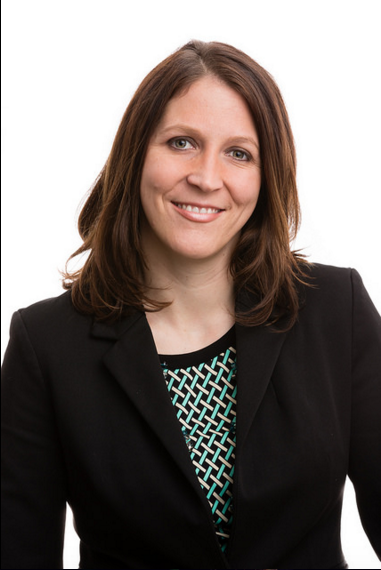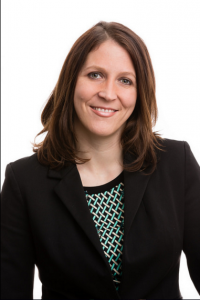On Wednesday, February 17, The Sandspur published Professor O’Sullivan’s opinion piece about Rollins’ multicultural efforts and more specifically the College’s upcoming Summit on Transforming Learning and the nationwide conversation on the Black Lives Matter movement. The premise of the piece called to question the sensitivity of the College in hosting a debate on March 17, St. Patrick’s Day, as a kickoff to the March 18 Summit, which includes several sessions that focus on advancing racial justice at Rollins and beyond. The claim was that this is an attempt to “address the issue of cultural insensitivity with an act of cultural insensitivity”.
As a white person, one of the 34.5 million Americans of Irish descent, I found myself compelled to reply.
As white people in this conversation, we have a great deal of power. We can choose to remain silent, or we can engage and stay in it. We can choose to use our own lived experiences and privilege in order to more deeply understand, or we can use them as tools to divide. We can provide credence to mattering, or sum it up to insignificant.
This conversation, engagement in the Summit, and understanding of racial injustice require me to be empathetic and participate in the conversation. It requires me to use my own lived experiences to more deeply understand the lives of others in a way that is contextualized by the complexity of our educational community. My lived experience matters, but this conversation is not about me, or white people like me, or my Irish American family who came here as immigrants.
This conversation is about advancing racial justice on our campus, the advancement of Black Lives Matter, and the importance of racial history in this country.
It is about the lived experiences of people of color in a way that is distinctly and historically different than my lived experience.
As I read the initial piece and grappled through my own privilege, I became acutely aware of the impact it may have on our peers, colleagues and students of color.
Our community members of color, who have long tried to share their story on campus and who have been silenced, whose experiences have been reasoned away, whose feelings have been stonewalled and held in contempt. Our community members of color who have had racial slurs thrown at them on our campus, who are repeatedly subjected to micro-aggression inside and outside of the classroom, and who may spend their time at Rollins toeing the line of either being a credit to their race or confirming a stereotype.
I want our peers, colleagues, and students of color to hear and see in print that they matter, that their experiences matter, that their voice matters, and that nothing about my lived experience makes them matter less.
Each and every time we exclaim that All Lives Matter over Black Lives Matter, we are missing the point and we are minimizing mattering. The Summit on Transforming Learning, our campus commitment to racial justice, and the Black Lives Matter Movement are not about our lived experiences as white people.
It is about stepping into a space where our privilege often keeps us from going, and even worse, empowers us to minimize the experiences of people of color.
As white people, I urge us to examine the privileges of whiteness, and to engage both our heads and our hearts about how we might understand more fully the depth and nuance of this conversation and the Black Lives Matter movement, the experiences of racial injustice on our campus and in our world, and how we might stay in this conversation.
See you at the Summit.
This article was a response to Dr. O’Sullivan’s February 18 article, “Professor questions Rollins’ multicultural efforts.”











Be First to Comment